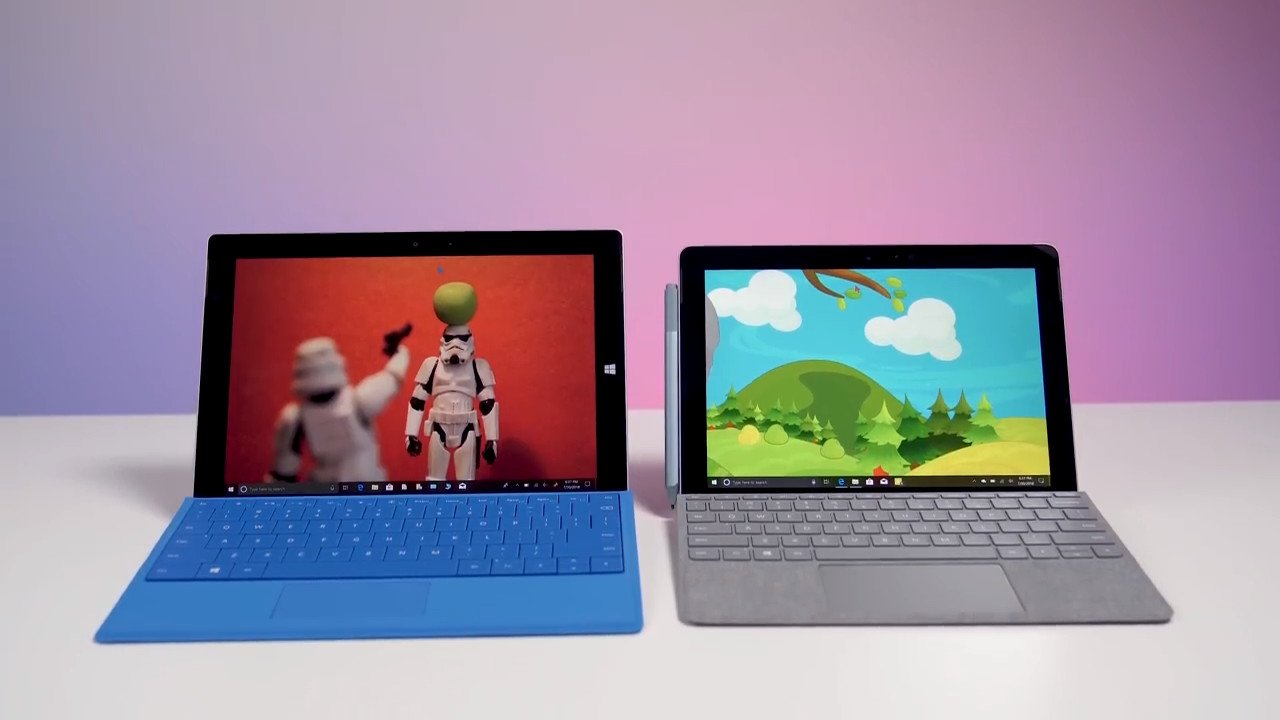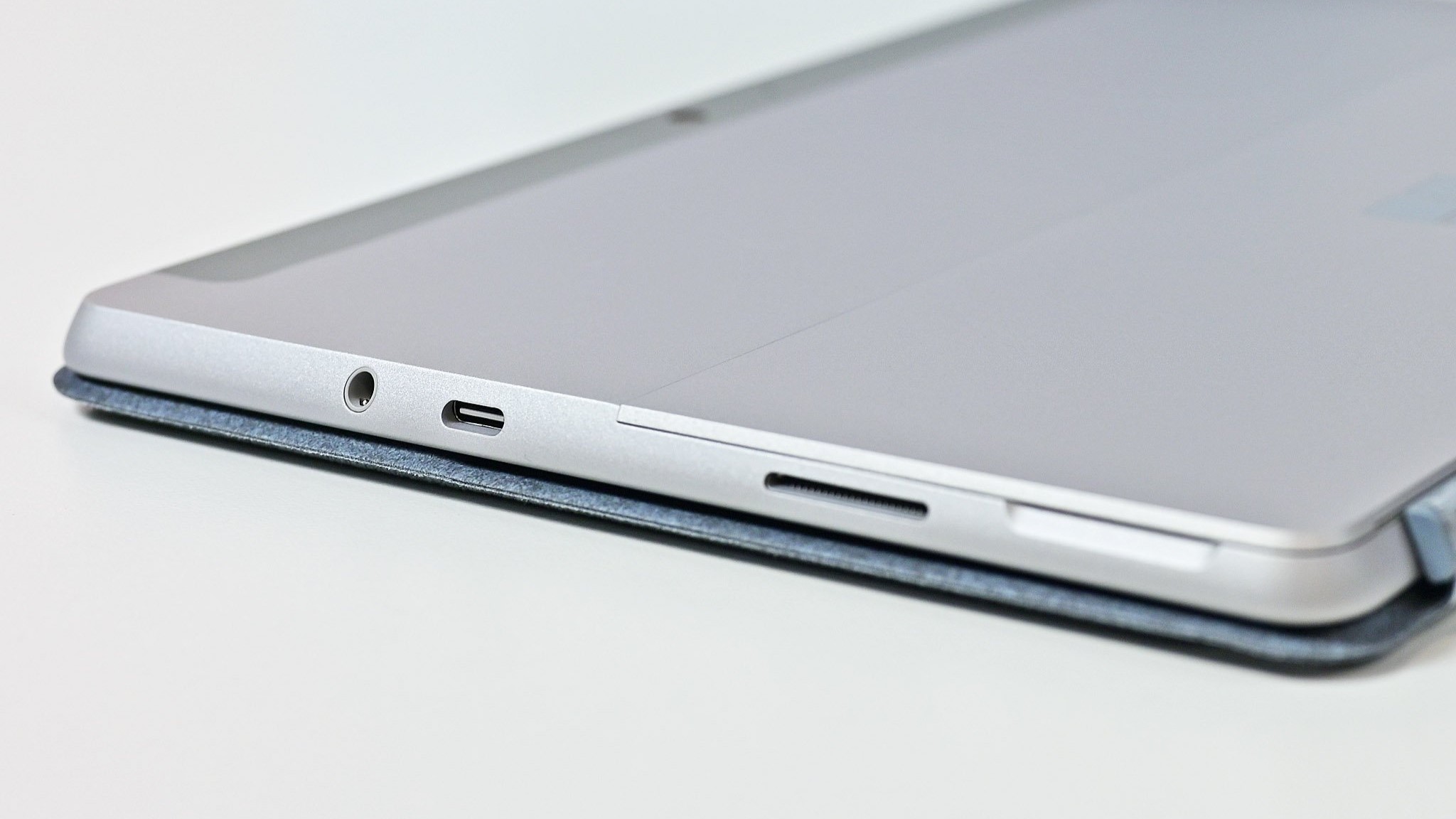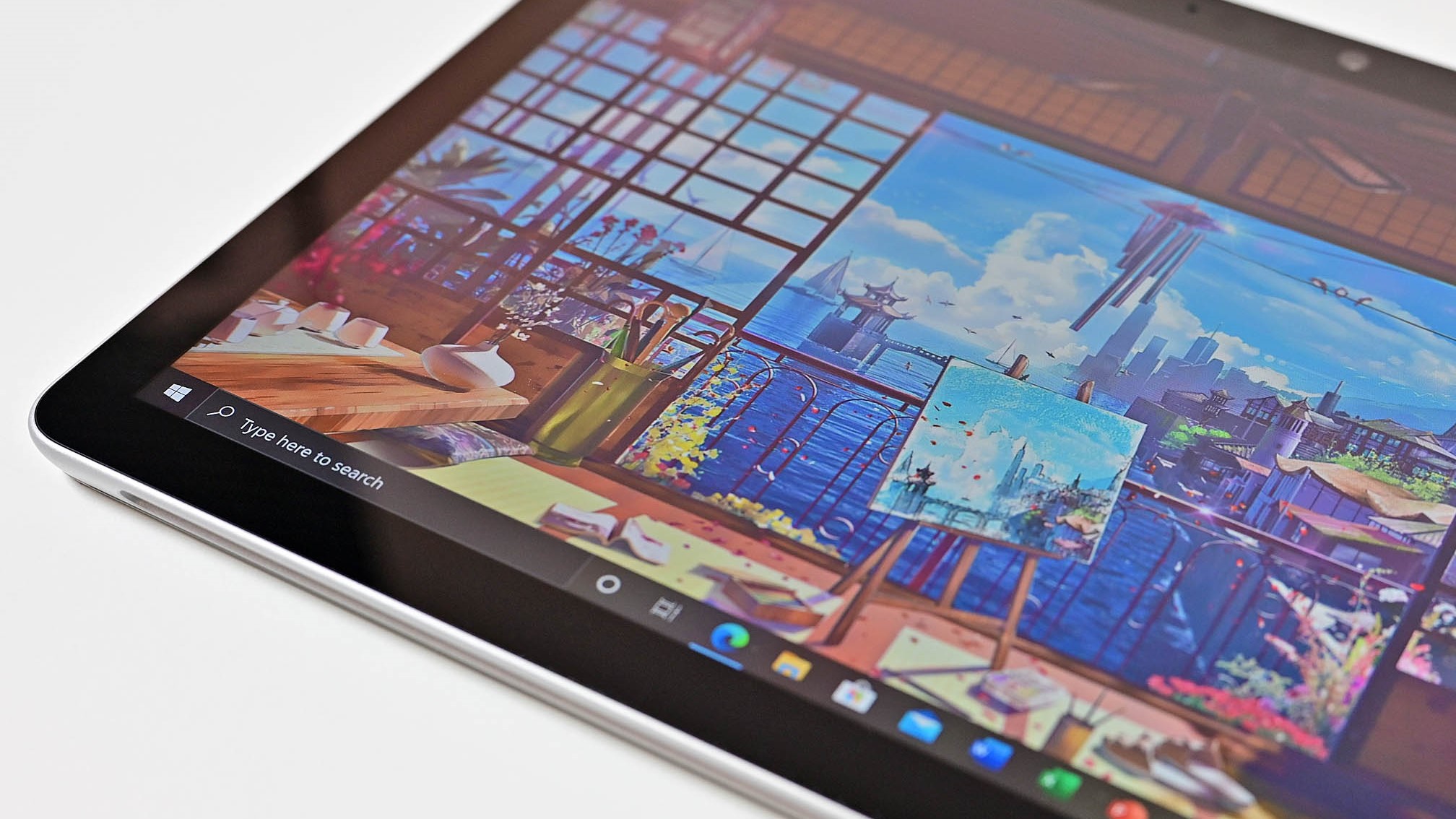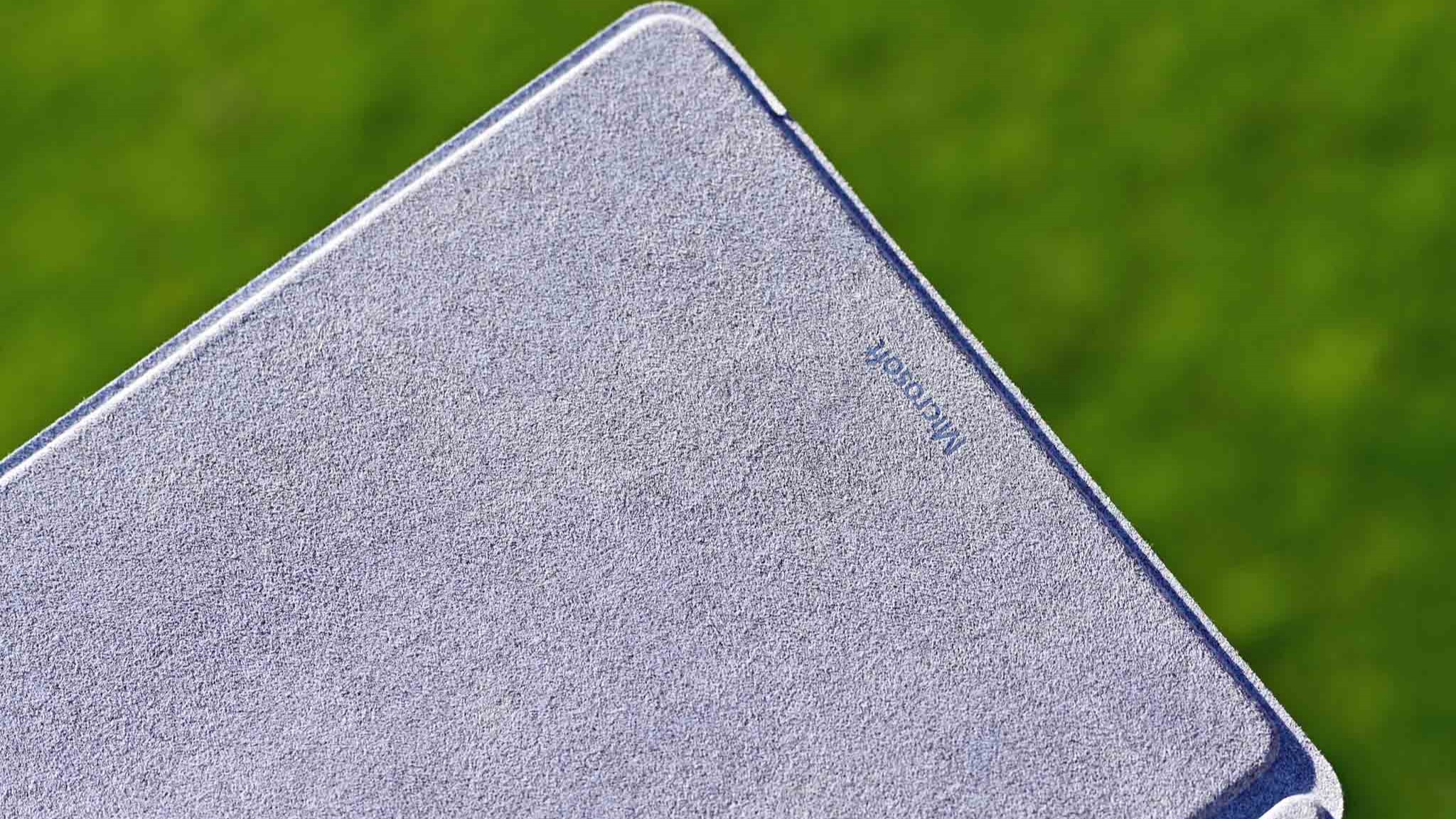Surface Go 4: Everything you need to know about Microsoft's next budget 2-in-1
Expected release date, specs, features, and everything else we know so far.

Microsoft is hard at work on the next Surface Go, codenamed Tanta and expected to ship as the Surface Go 4, which is rumored to include some notable updates and changes to the hardware. Most notably, word on the rumor mill currently is that the Surface Go 4 will be the first to feature an ARM processor.
The first Surface Go shipped in 2018, and from the get-go people wanted an ARM version. Frustratingly, each Surface Go has shipped with a low-powered Intel Pentium processor, or an Intel Core m3 chip in the more recent models. These chips haven't been very powerful or offered great battery life.
Hopefully, some of that is going to change with the Surface Go 4. Here's everything we know so far about Microsoft's next budget-conscious 2-in-1 tablet. We'll be sure to keep this post up to date with all the latest rumors and info as they become available!
Surface Go 4: Price & specs

According to my sources, the Surface Go 4 will feature both Intel and ARM chips for the first time, offering longer battery life and 5G capabilities in the ARM model. Introducing ARM to the Surface Go line is something many people have been asking for, as Windows on ARM arguably makes more sense on a low-cost, low-powered, and ultra-mobile device like the Surface Go.
I hear the ARM variant will be powered by a Snapdragon 7c-based SoC, which is Qualcomm's entry-level processor for Windows PCs. This means performance won't be best-in-class, but it shouldn't be any worse than the existing entry-level Surface Go 3 with an Intel Pentium processor. The benefit of moving to ARM will be increased efficiency, meaning battery life should be much better on Surface Go 4.
Not much else is known about the specs or price at this time. I suspect Microsoft will be trying to keep entry-level pricing as low as possible, though with current market inflation, I don't know if Microsoft will be able to maintain the same $399 starting price that previous Surface Go models shipped at. Perhaps the price will be bumped $50, which is something we've seen across the industry in the last handful of months.
I also hear Microsoft will continue to sell an Intel version for customers who want or prefer it. This will remain for the higher-tier SKUs for customers who need a little more power at the expense of battery life. Currently, we don't know what exact chipset Microsoft is planning to use for the Intel variant. Previous Surface Go's have used Intel Pentium chips, now known as Intel N-series processors.
Get the Windows Central Newsletter
All the latest news, reviews, and guides for Windows and Xbox diehards.
Availability of Surface Go 4 is still mostly unknown. I'm told it was originally supposed to start shipping this spring, but after recent layoffs and continued economic uncertainty, that plan was pushed back and now the product is targeting a fall 2023 release.
Surface Go 4: ARM or Intel

The choice between ARM and Intel on Surface Go 4 will depend on what you want most out of your device. If you're looking for a lightweight tablet experience that doubles up as an excellent mini laptop for replying to emails, browsing the web, and working in Office, the Surface Go 4 with an ARM processor is going to be excellent for you.
The Snapdragon 7c SoC is much more energy efficient compared to an Intel processor of the same performance, which means you will see longer battery life doing many of the same tasks. Unfortunately, because not all Windows apps have been compiled for Windows on ARM yet, some apps you might need to use will be forced to run in emulation.
Emulated apps on Windows on ARM run slower compared to natively compiled ARM apps, and depending on the kind of app you're trying to run, the performance hit can be noticeable. Be sure to do some research to determine if the apps you expect to use are available natively on ARM, and if not, whether they run okay under emulation. Some apps run better than others under emulation.
The Intel model will be great for those who find themselves working in many apps that aren't yet compiled natively for Windows on ARM. If you find yourself in Slack, Zoom, Telegram, or Adobe programs, the Intel model will likely be a better choice. That said, the Intel processor we expect to see ship in the Surface Go 4 will be of the lower-end variety, so you won't be doing any demanding tasks on a device like Surface Go 4 anyway.
Surface Go 4: Design & features

Not much is known about the design of Surface Go 4. I hear there may be some minor design changes, but as to what that entails is still a mystery. Perhaps Microsoft will update the chassis to be similar to that of the Surface Pro 9, being slightly rounder.
Perhaps the Surface Go 4 will also support new a Type Cover accessory that uses the same connector that the rumored 11-inch Surface Pro will use. Both of those devices are expected to be roughly the same shape and size. This might also mean the Surface Go 4 will support Microsoft's newer Surface Slim Pen accessories, with charging in the keyboard deck.
Regarding features, the ARM version of the Surface Go 4 is expected to feature an NPU for advanced AI features called "Windows Studio Effects," which includes eye correction, background blur, automatic framing, voice focus, and voice clarity. These are features that the ARM-based Surface Pro 9 also feature, and are currently exclusive to Windows on ARM PCs.
Microsoft has also been working on updates to Windows 11 to make it better on tablets, especially on those with small screens. Just recently, Windows 11 was updated with a new touch-focused Taskbar that automatically minimizes when an app is opened. Apps now also open full-screen on devices with an 11-inch display or smaller.
More improvements are coming too, including a more touch friendly interface in File Explorer, the ability to turn off the date and time in the system tray to allow room for more pinned apps, and more.

